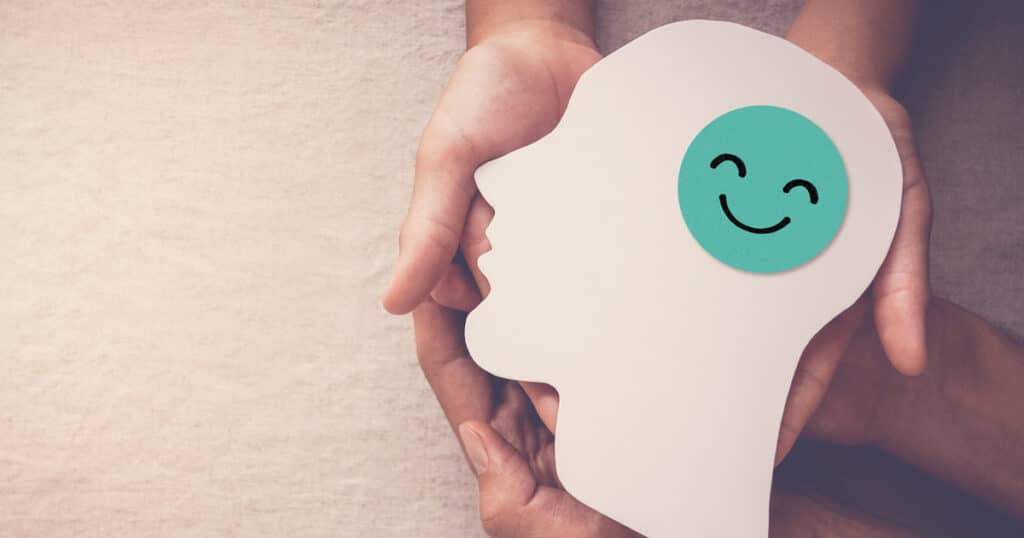What Mental Illness Can Teach Us About Mental Health

Photo credit: iStockphoto.com/portfolio/ThitareeSarmkasat
Bryony Gordon is an award-winning journalist, author, and mental health campaigner. She is also candid about her own mental health challenges — and what she has learned from them.
The author of five Sunday Times best-selling books, including No Such Thing as Normal, Mad Girl, and Glorious Rock Bottom, recently discussed this with the Conferences for Women.
Q: You’ve said that there has been “a curious inversion of norms” around mental health in recent years — meaning that people who usually cope well suddenly struggled during the pandemic, whereas those who had been through mental health challenges seemed OK. And you include yourself in that. Can you explain?
When you are stuck in your head with a mental illness, it’s almost like you play out scenarios. I don’t mean having a plan for when the zombies come. But you find ways to develop calm in a storm. You sort out how to strategize and survive.
And if you’ve been through this many times, you can get quite good at it. Your flaws and failures can end up being a superpower. And now I’ve found people coming to me for advice. And helping others brings relief. This is what I find amazing.
Q: What does having lived through mental illness teach you about mental wellness?
That our quest for happiness is making us profoundly unhappy. Growing up in the UK, we are taught not to cry or that it’s silly if we get angry. People attach value systems to emotions like it’s bad to be sad or angry. But these are valid feelings. They’re important. If I am going through a hard time, that is OK. It doesn’t mean that I am a failure as a human being.
Q: You write about the importance of asking for help. But that is something many people struggle with. What do you suggest?
If you don’t feel you can ask for help, that’s OK. Trust the process. Just be aware of it. Awareness then gets to acceptance. It’s important not to beat yourself up because you don’t feel you can ask for help or talk about what’s bothering you.
People say you have to talk about this stuff. But it is hard. So go easy on yourself. Trust when the time is right, it will be right. Sometimes you have to reach bottom before you ask for help.
Q: You also advocate for helping others. Yet many women, especially those juggling work and family, feel like they have little time for themselves. How can we make helping others fit into our days?
Some women are good at helping others at the expense of themselves. That’s a boundary. If it’s exhausting and making you resentful, you must tend to your needs first.
But helping others doesn’t have to be a big thing. You don’t have to save someone. It could be just offering to make a cup of coffee, tidying something up at work, or offering to run an errand. It could be asking, ‘How are you really?’ Then that helps you. It puts things in perspective. You realize you’re not the only one struggling.
